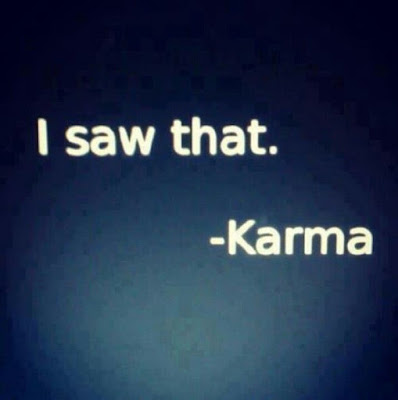Well, my posts have certainly become few and far between lately. I apologize for going dark. There's a lot happening in the background called "real life" but I won't bore you with the details because it's probably non-relatable. Let's just say, "It's been the best of times, it's been the worst of times." (Inspired by a quote from Charles Dickens.)
Lately, I've been doing a lot of studying and thinking and applying it to my work.
I've been studying what has happened in the past, what is happening now, and what may lie ahead...and how those elements can be interwoven into fiction. (I won't go into a lot of detail because my personal experience "won't compute" for a large number of people.)
Today, I want to just focus on one of the things I've been studying and that's the nature of lies....and people who lie....and people who use lies for their own purposes and gain. It's a pretty dark rabbit hole to go down in reality, so let's not do that.
I'll just post a few memes on my philosophy on liars, which is pretty simple:
and
and especially...
In fiction, we often create characters who lie as a means to advance their own position, their own selfish plans or to defend themselves from being judged too harshly by others. A really effective villain can usually weave lies and deception that will fool and mislead a great many people. If they weren't capable of that, they'd be reduced to a mustache-twirling Snidely Whiplash.
Old Snidely isn't very convincing, so a truly skilled villain learns three basic tactics:
1) How to make lies sound like the truth,
2) How to persuade a lot of other people to buy into his/her lies (usually with some sort of reward), and
3) How to punish those who disagree with those lies.
"I'll get you, my pretty...and your little dog, too!"
Number 3 may be one way to discern if someone is telling the truth. If they are telling the truth, and someone disagrees, they won't punish that person for not believing them or for being intelligent enough not to buy in to their deception.
But the thing about villains is that in the end, they lose. Usually big time (...unless of course, the author is planning a sequel).
If the story has no sequel where the villain returns, then the end is just The End.
Justice is served. Judgement is rendered. The evil villain is doomed. Truth and goodness prevails.
These are the themes I'm working with in a current novel. The villain has credentials, power and influence and portrays himself as a good and decent man. He fools a lot of people and manages to convince them that he's their rightful leader, that his challenger is a threat to them and their way of life--and further, that his opponent is the one who lies and misleads. But beneath his shining white robes (literally) and his dark cloak of deception, he's not a righteous man, he's a self-serving and demented human being. (Okay, this is sci-fi so he's really an alien, but he's human enough to pass.)
But the thing about lies is they eventually ensnare the one telling them.
"Oh what a tangled web we weave, when first we practice to deceive."
That phrase is often attributed to Shakespeare, but it was actually said by Sir Walter Scott. According to the site
No Sweat Shakespeare, it means:
"...when you lie or act dishonestly you are initiating problems and a domino structure of complications which eventually run out of control."
Yes, he and his cronies make a pretty convincing argument. Jointly, they have a talent for taking the truth and twisting facts and circumstances to serve their own end game. You can fool many of the people all of the time...but eventually, the truth is going to win out.
I'm intentionally avoiding the name of the villain character because spoilers...but the current working title of the story is in the tags, if you're curious.
Have you read any books with a thoroughly convincing villain who cleverly manipulates the truth? Let me know the titles and I'll check them out.
Until next time.






